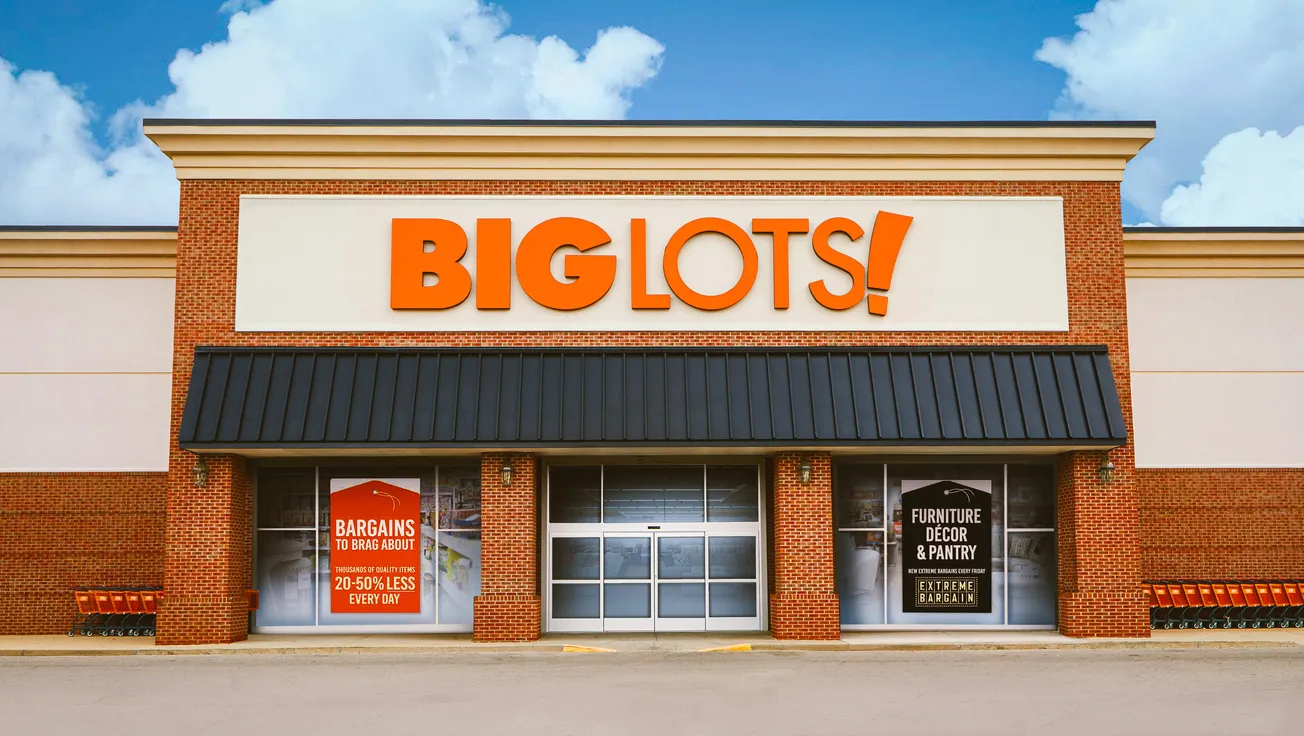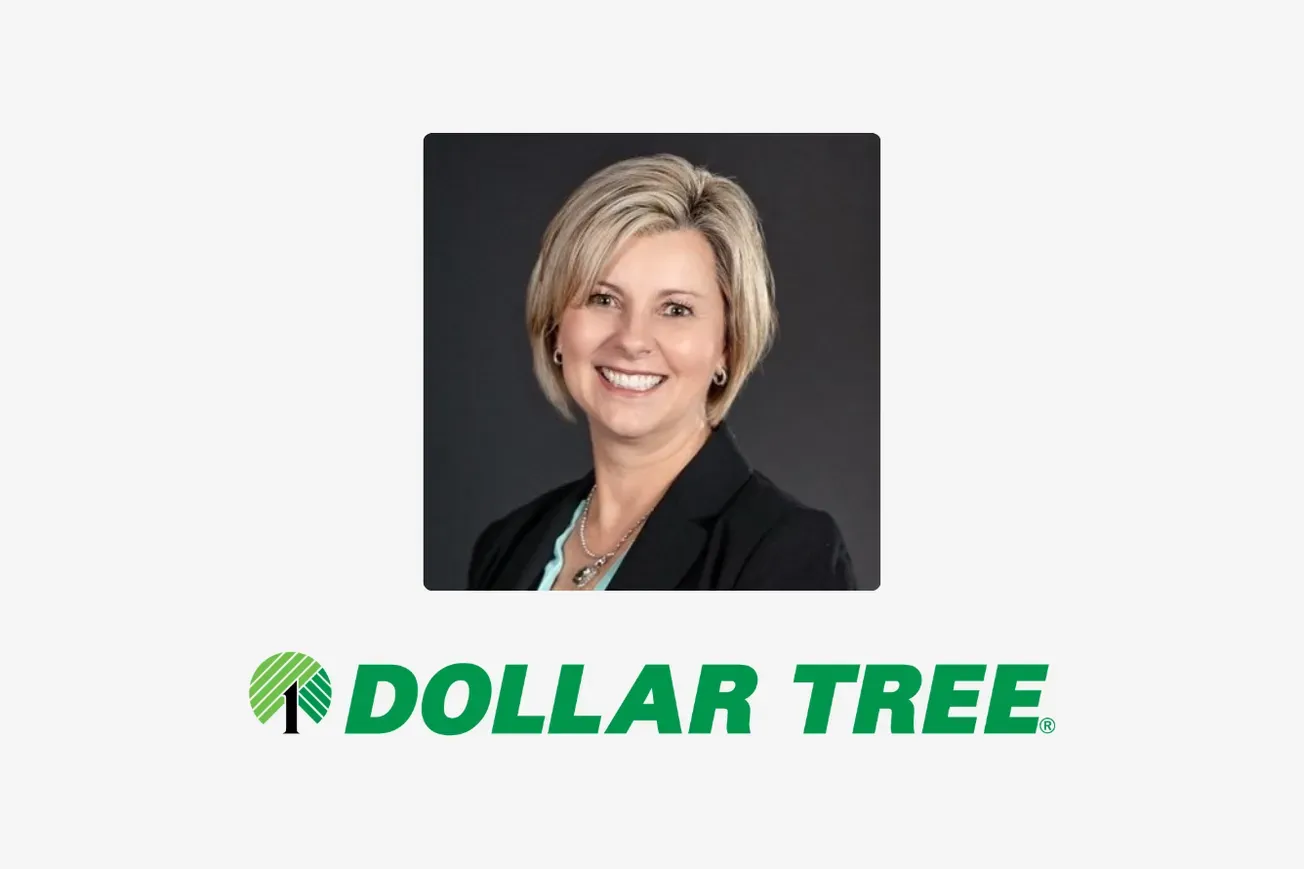COLUMBUS, Ohio — Big Lots Inc. is selling its assets and ongoing business operations to Nexus Capital Management LP for $760 million comprising $2.5 million in cash and remaining debt.
To facilitate the deal, Big Lots initiated Chapter 11 proceedings in the U.S. Bankruptcy Court for the District of Delaware. During and after this process, the company will continue to serve customers at their nearest store location or online at biglots.com.
"The actions we are taking today will enable us to move forward with new owners who believe in our business and provide financial stability, while we optimize our operational footprint, accelerate improvement in our performance, and deliver on our promise to be the leader in extreme value,” said President and Chief Executive Officer Bruce Thorn. “We appreciate the tremendous loyalty of our customers, and our core purpose of helping them ‘Live BIG and Save LOTS’ has never been stronger."
"As we move through this process, we remain committed to offering extreme bargains, enabling easy shopping in our stores and online, and providing an outstanding customer experience," added Thorn. "We are grateful for the hard work and dedication of our associates who remain focused on delivering the best service possible for our valued customers, and we deeply appreciate the partnership of our vendors as we start a new chapter for our business.”
Evan Glucoft, Managing Director of Nexus, said, “We are excited to have the opportunity to partner with Big Lots and help return this iconic brand to its status as America’s leading extreme value retailer. The Big Lots business has incredible potential and we are confident that its greatest days are ahead.”
Since the pandemic, Big Lots has taken steps to accelerate its strategic initiatives focused on improving sales and boosting its long-term performance and profitability. Like many other retail businesses, the company has been adversely affected by recent macroeconomic factors such as high inflation and interest rates that are beyond its control. The prevailing economic trends have been particularly challenging to Big Lots, as its core customers curbed their discretionary spending on the home and seasonal product categories that represent a significant portion of revenue.
While the underlying performance has been improving, the Board of Directors conducted a broad strategic review of alternatives and determined that selling to Nexus, and initiating a court-supervised sale process, is the best path forward to maximize value and ensure continued operations.
As part of the court-supervised sale process, the company is continuing to assess its operational footprint, which will include closing additional store locations. The company will also continue to evaluate and optimize its distribution center model.
“Though the majority of our store locations are profitable, we intend to move forward with a more focused footprint to ensure that we operate efficiently and are best positioned to serve our customers," Thorn said. "To accomplish this, we intend to use the tools afforded by this process to continue optimizing our store fleet in an orderly manner.”
Under the terms of the sale agreement, Nexus will serve as the “stalking horse bidder” in a court-supervised auction process pursuant to section 363 of the U.S. Bankruptcy Code. Accordingly, the proposed transaction is subject to higher or otherwise better offers, court approval, and other conditions. If Nexus is deemed the winning bidder, the parties anticipate closing the transaction during the fourth quarter.
In connection with the court-supervised process, Big Lots has secured commitments for $707.5 million of financing, including $35 million in new financing from certain of its current lenders, in the form of a postpetition credit facility (collectively, the “DIP Financing Facility”). Upon court approval, the DIP Financing Facility, coupled with cash generated from ongoing operations, are expected to provide sufficient liquidity to support the company while it works to complete the sale transaction.
Big Lots has also filed a number of customary motions seeking court approval to continue supporting its operations, including continued payment of employee wages and benefits, and payments to certain critical vendors in the ordinary course of business. The company anticipates receiving approval for these requests and expects to pay vendors in full under normal terms for any goods and services provided after the filing.






